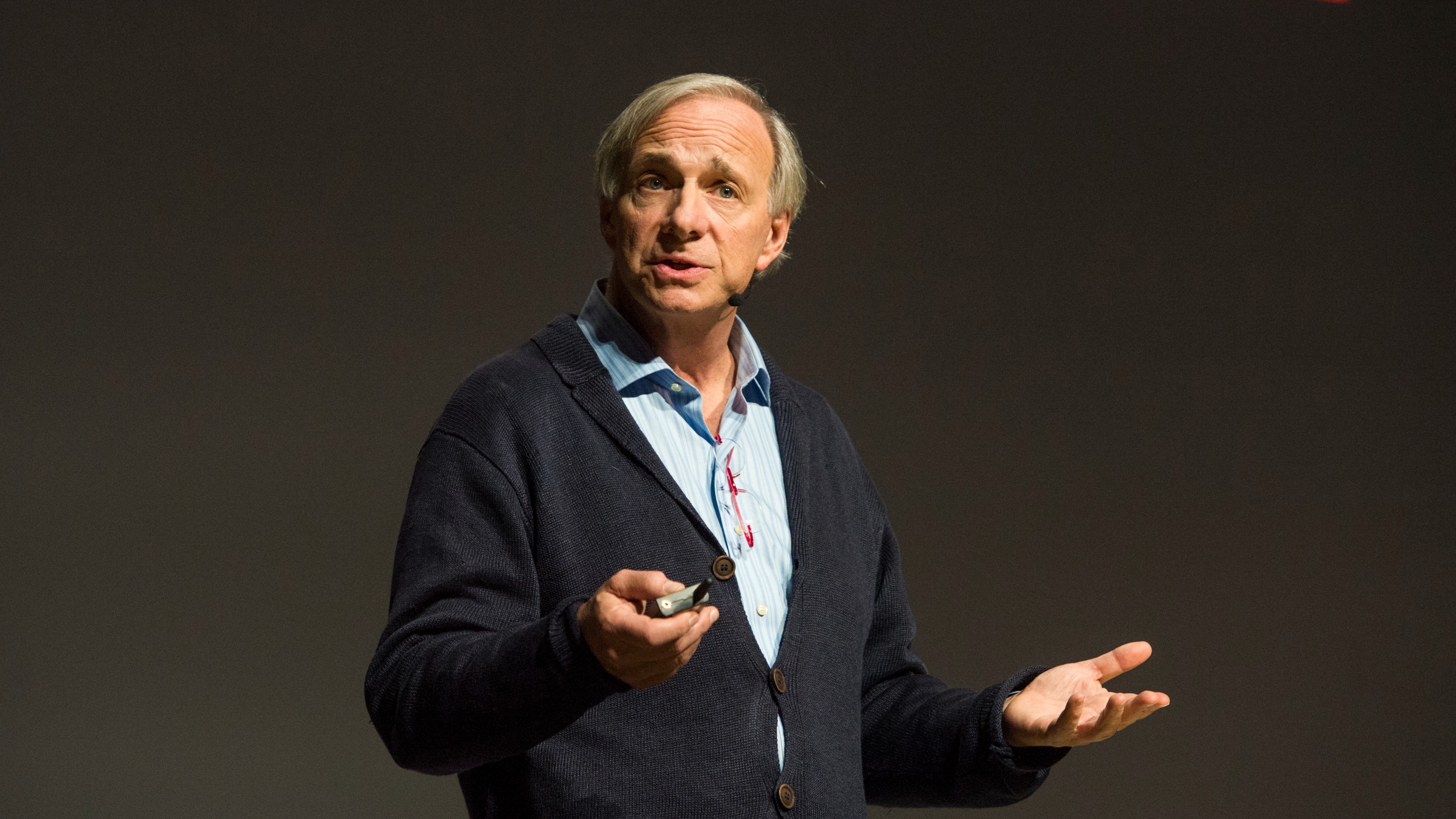UK equity investors have a lot to be worried about, according to star fund manager Neil Woodford. Markets are challenged, stocks are expensive and growth is subsiding – and that is against a backdrop of political and economic uncertainty.
Speaking at a briefing hosted by Jupiter’s multi-manager Merlin team yesterday, Woodford said that central banks globally were ill-equipped to deal with the challenge of fending off another recession and encouraging growth.
“The economy looks awful. We face a very difficult future,” he said. “Finding value and retaining a robust filter is harder than ever – fund management is a much more difficult job now than it has been in the past.”
Woodford said the only way to achieve returns for investors in the UK stock market current environment was to stretch his investment approach and invest in businesses without cash flows – early stage companies where the demand for capital is “huge”.
“Investors are far too obsessive with tracking performance against an index and the level of liquidity in a fund,” he said. “There are only a few UK large cap opportunities out there, most is in smaller companies. We have to be realistic about outcomes.”
One of these continued opportunities was tobacco, which despite having doubled over the past 10 years – Woodford said was still attractive sector.
“They appeal because of they have predictable, highly visible earnings and the sector is very unusual because there are no new businesses,” he said.
Woodford invests 8.5% of his Bronze Rated Woodford Equity Income fund in micro-caps, unlisted science start-ups which he says capitalise on the “knowledge economy”, where he sees significant untapped growth potential – and he says within five years some these cash-generative start-ups will be paying dividends too. He also runs an investment trust purely devoted to this strategy, Woodford Patient Capital (WPCT).
Fellow UK equities investor Terry Smith, speaking at the same event said that the markets had forced him to adjust his idea of the type of stock which was “acceptable” to his process, technology stocks for example now make up 25% of Fundsmith Equity’s portfolio.
“Equities are of course more attractive than bonds, they offer better growth and income opportunities, and less currency risk – and therefore they are more expensive,” he said.
How Quantitative Easing has Ruined Markets
Smith went on to lay the blame of the difficult investing conditions at the door of central bank policy, saying that quantitative easing was “not the solution, but the problem”.
“QE caused deflation – Colgate Unilever has seen price deflation for the last three years that’s to QE. Lowering interest rates has not worked either, it was supposed to boost the economy but older people have instead put more money into savings to counter lower rates, meaning there has been less consumer spending propping up the economy,” he said.






























